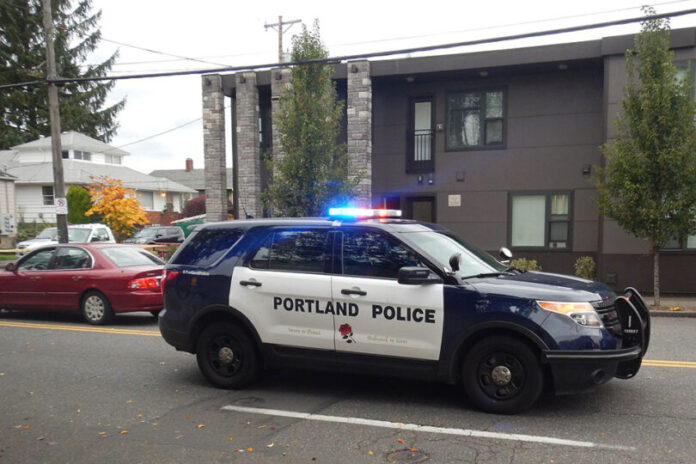
By Stacy M. Brown, NNPA Newswire Senior National Correspondent
A coalition of advocacy groups is urging the U.S. Department of Transportation (DOT) to address racial bias in traffic enforcement, citing concerns over its ineffectiveness and disproportionate impact on Black motorists.
In a recent report co-authored by the Center for American Progress, the Vera Institute of Justice, and Color of Change, it’s revealed that despite roughly 20 million traffic stops occurring annually in the United States, Black drivers are more likely to be stopped and searched, especially for minor infractions, which continues to raise grave concerns about racial profiling and the safety of African American motorists.
The coalition’s report presents several recommendations to incentivize reforms at the state and local levels.
“To honor Tyre Nichols and so many others who have been surveilled, harassed, and, too often, killed while doing something as simple as driving while Black, DOT must take swift, public action to consider and adopt policies that advance safety and equity on our nation’s roadways,” said Patrick Gaspard, president, and CEO of the Center for American Progress.
Nick Turner, president, and director of the Vera Institute of Justice added that routine traffic enforcement doesn’t make people safer. “It makes many communities feel less secure,” said Turner, who urged the DOT to support state and local innovations that reduce police involvement in minor traffic infractions.
Rashad Robinson, President of Color of Change, also emphasized the need for increased support for national research to bridge existing studies with emerging approaches. “DOT must take seriously the recommendations provided and take actionable steps to prioritize alternative traffic enforcement practices for traffic safety,” Robinson asserted.
Moreover, the coalition’s report criticized the DOT’s current Equity Action Plan for its failure to address specific goals related to reducing racially biased police traffic enforcement.
The report noted that his administration has championed a “whole-of-government equity agenda since President Joe Biden’s inauguration.” They pointed out that the DOT has taken up the mantle by establishing its Equity Action Plan, centered around wealth creation, power of community, proactive intervention, planning and capacity building, expanding access, and institutionalizing equity. “While these pillars are broad in concept, nowhere does the action plan specifically reference equity goals related to police traffic enforcement—or even enforcement more generally,” the report’s authors declared.
“This glaring omission calls into question the level of priority and intentionality being dedicated to addressing this critical issue, which affects the safety of Black drivers and other drivers of color. DOT should include more explicit equity goals related to reducing racially biased police traffic enforcement of minor violations.”


